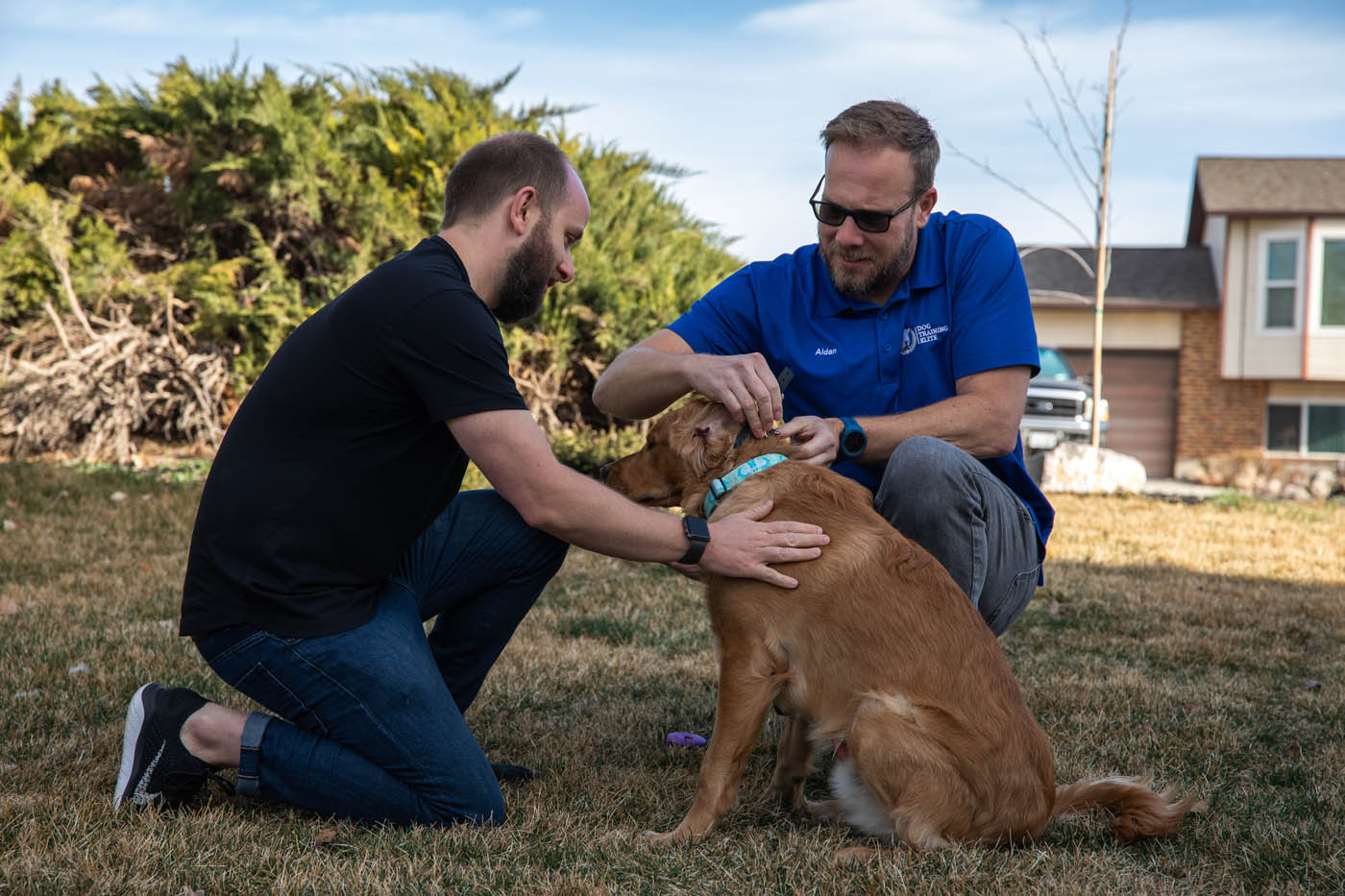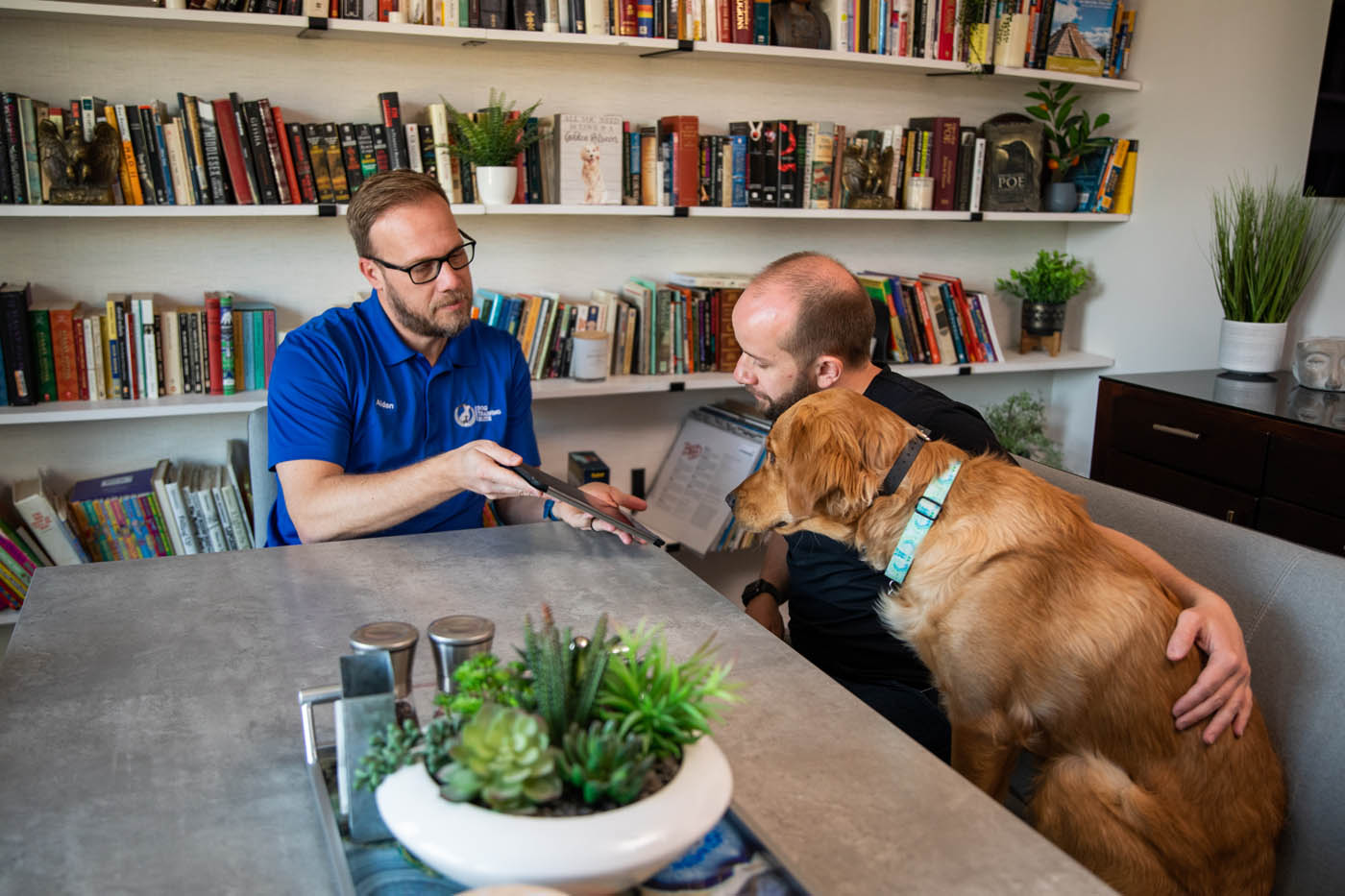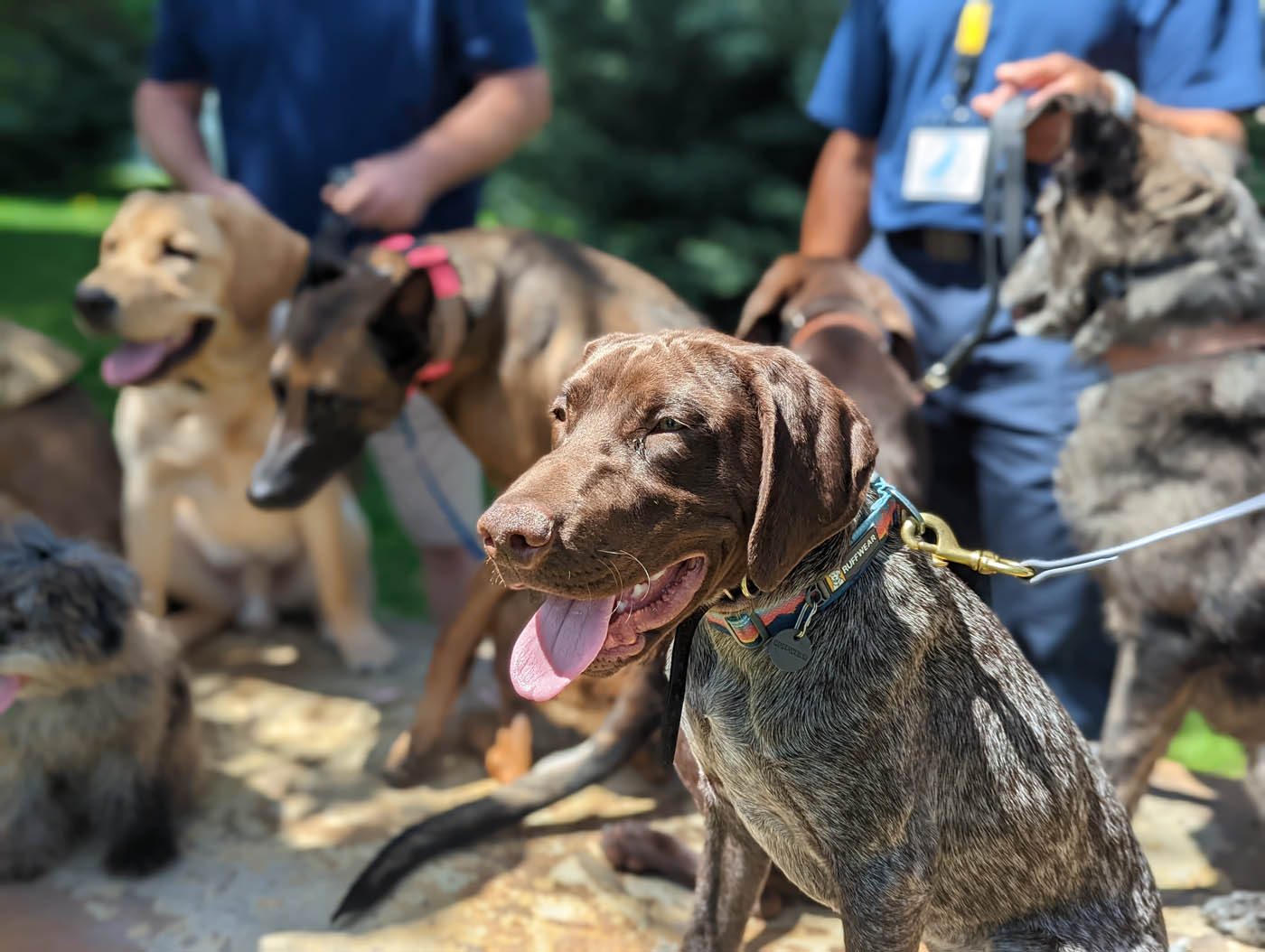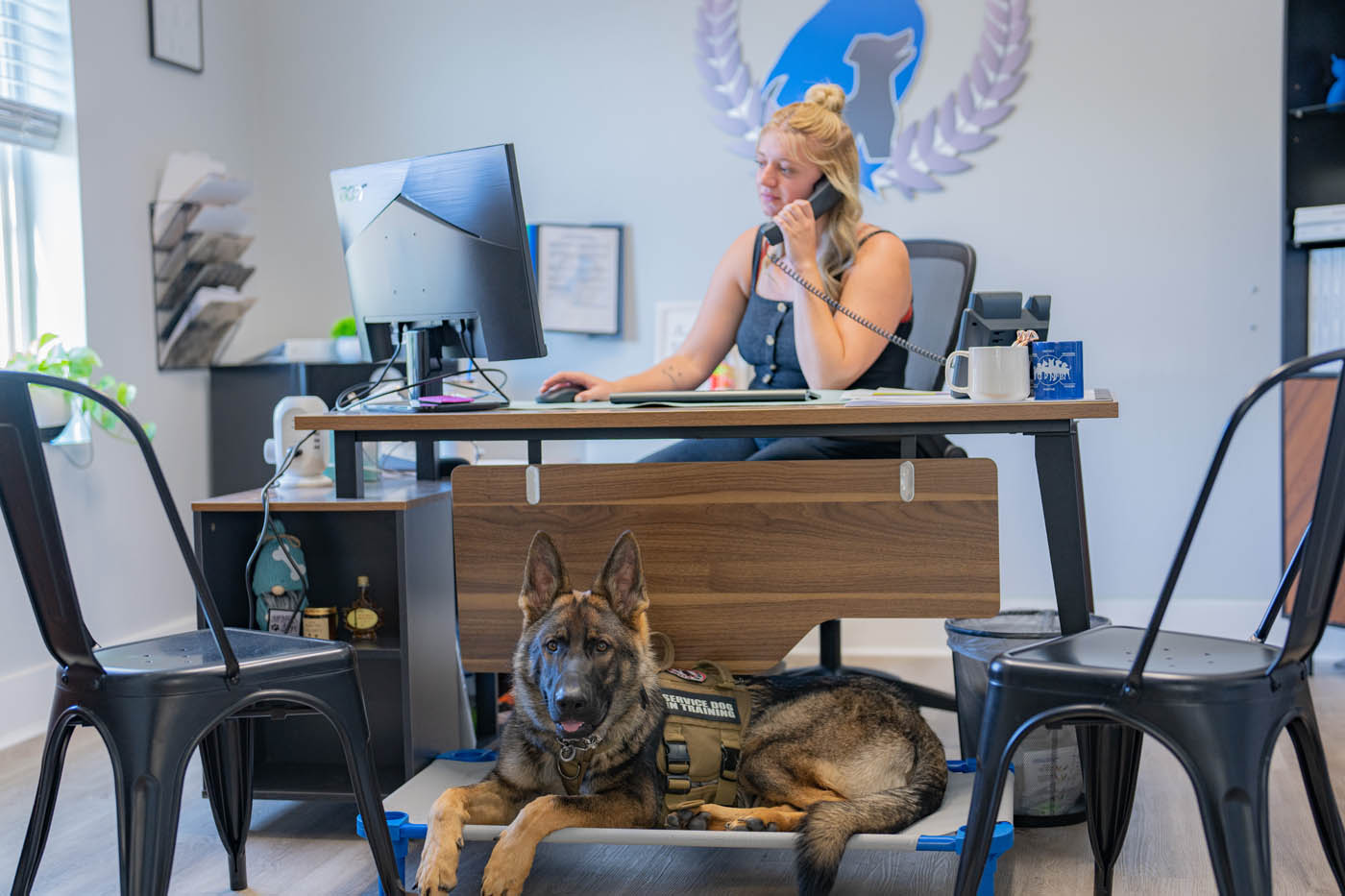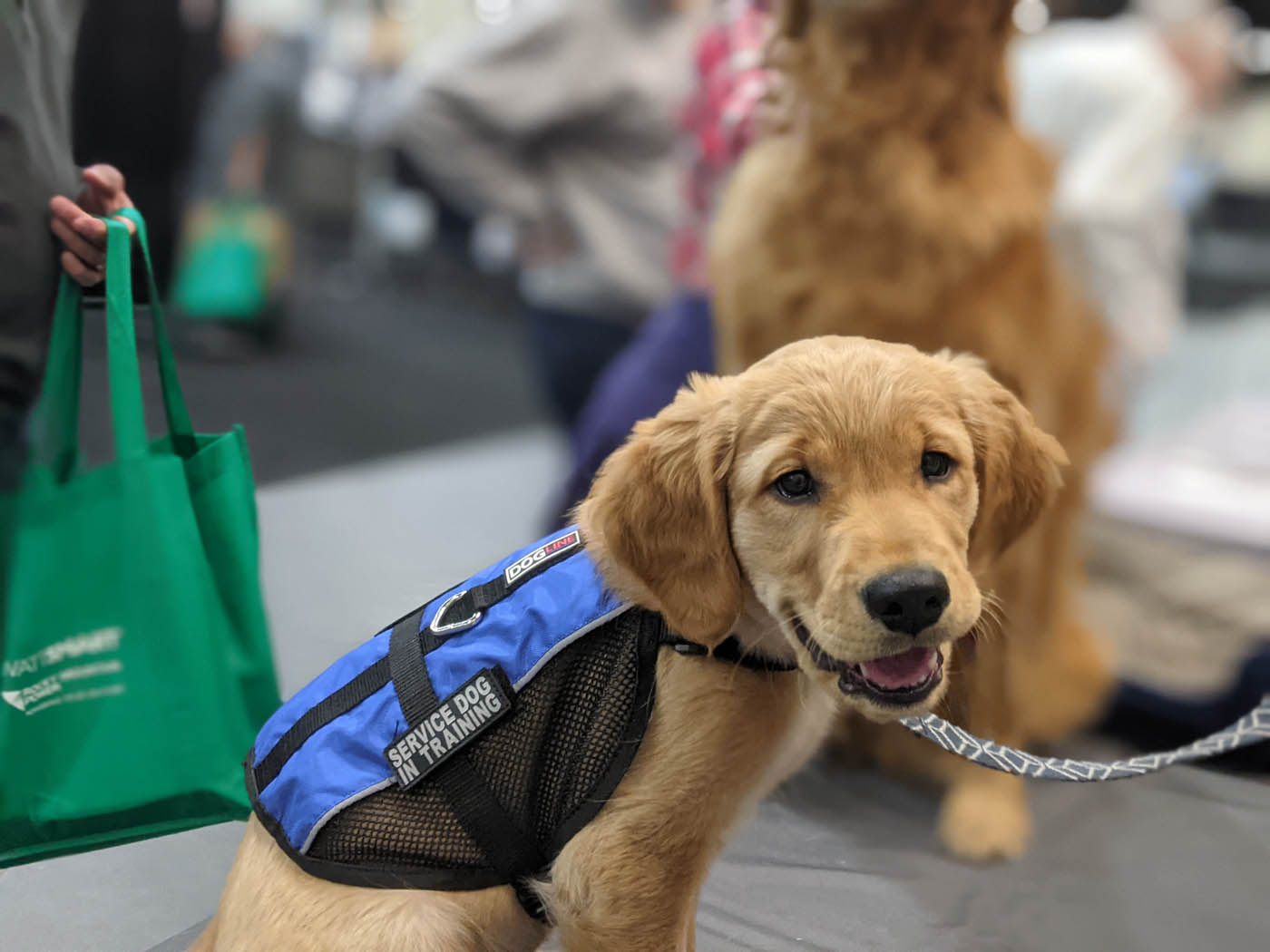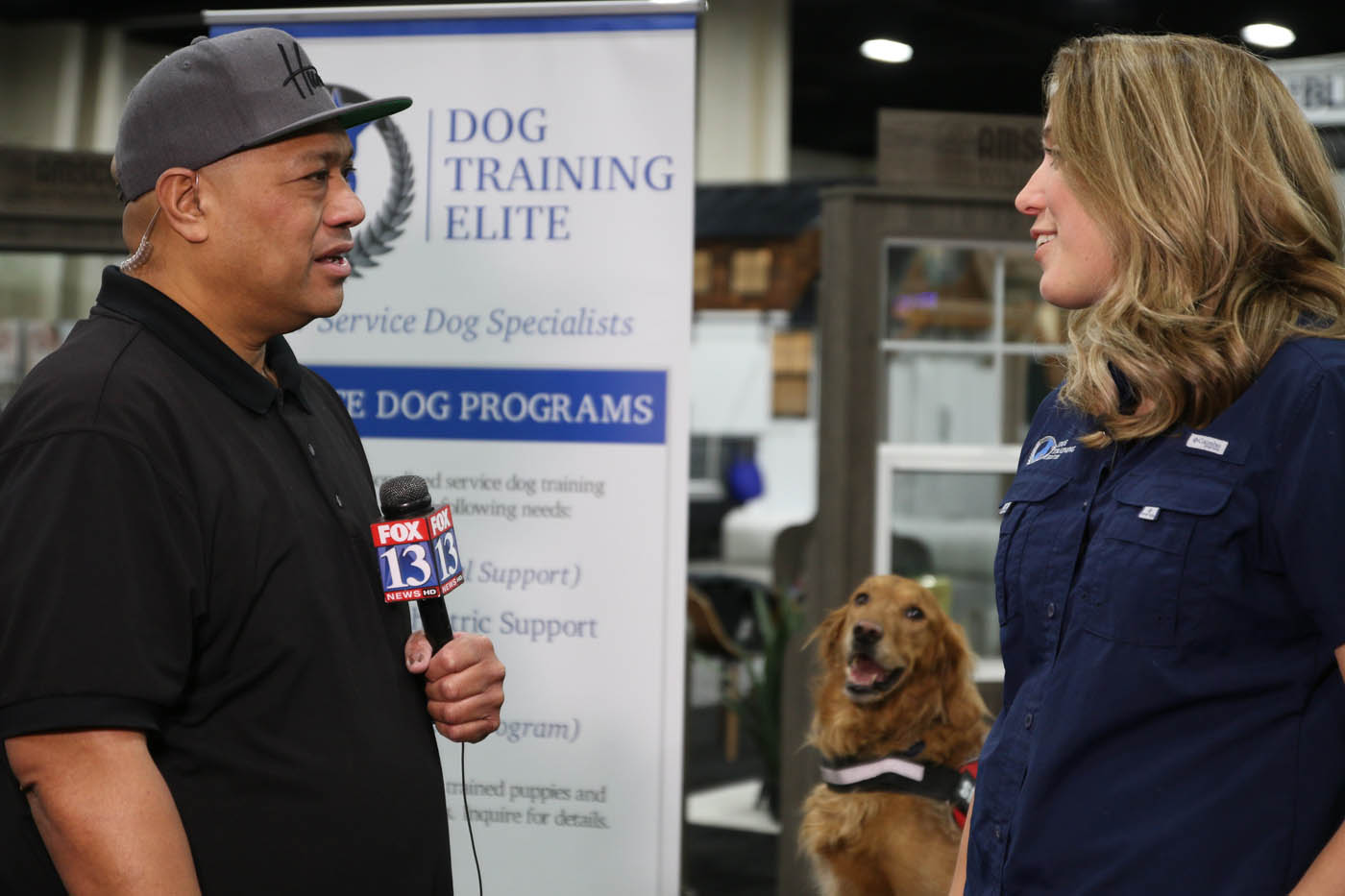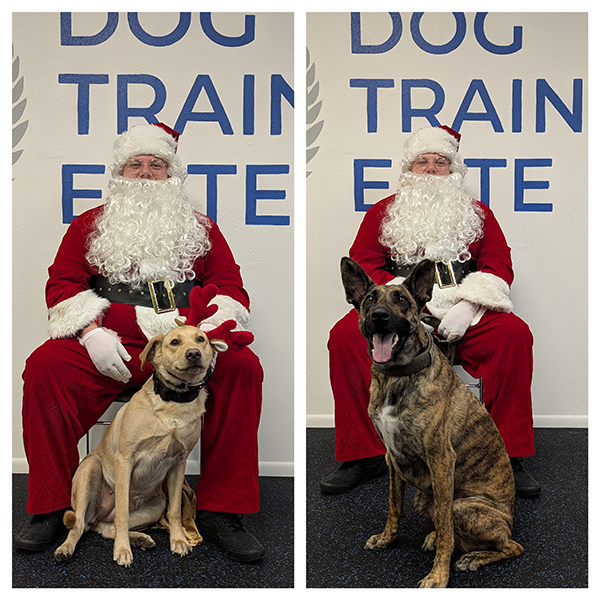What to Do If Your Dog Eats Chocolate in St. Petersburg / Clearwater, FL
December 23, 2018
It's not just a myth that chocolate can be dangerous for your pup. While digesting a couple of chocolate chips or a bite of a chocolate cookie may not be a problem, there's always a chance that even a little bit of chocolate could make your dog sick. And with the holidays in full swing there's a higher chance that your dog could get into the sweets.

Knowing how much chocolate is considered toxic and treatment for chocolate poisoning could save their life if they've consumed too much. Here are some tips on what to do if your dog eats chocolate, brought to you by our dog obedience training services in St. Petersburg / Clearwater, FL.
Why Chocolate Is Toxic to Dogs
Chocolate contains two substances that are toxic to dogs: theobromine and caffeine. Theobromine, particularly, is highly poisonous for dogs. Both can cause the heart rate to speed up and stimulate the nervous system. As a result, chocolate poisoning mostly affects a dog's heart, kidneys, and central nervous system. The danger of your dog getting sick depends on what type of chocolate they ingested, how much was consumed, and the dog's weight. Theobromine concentration varies among different chocolate types, from a lower amount in white chocolate and milk chocolate, to much higher in unsweetened baker's chocolate, dark chocolate, and cocoa powder. Essentially, the darker and more bitter the chocolate is the more toxic it is for your pup. A lethal dose of theobromine for dogs is reported to be around 100-500 mg/kg of their body weight. So, for example, a bigger dog like a German Shepherd that's eaten 300g of milk chocolate will experience less severe symptoms than a smaller Yorkshire Terrier who's had the same amount. But, again, this depends on what type of chocolate is consumed. A German Shepherd weighing 70 pounds can eat 9 ounces of milk chocolate and only experience very mild symptoms, but the same dog eating 1 ounce of dark chocolate or cocoa powder is in life-threatening danger.
How to Prevent Your Dog Eating Chocolate
Though small amounts of white and milk chocolate won't cause very serious problems in medium- and bigger-sized dogs, you should still refrain from offering chocolate as a treat and prevent your pup from getting into any candy. Put away any chocolate products after you're done with them, and store them on a high shelf or in a closed pantry/cupboard. Don't leave them on counters or tables easily within your dog's reach. You can also train your dog to leave food items alone when you command them to.
Common Symptoms of Chocolate Poisoning
The unfortunate fact about chocolate poisoning is that symptoms usually don't appear until anywhere between four to 24 hours after your dog has ingested chocolate. If you didn't catch them in the act, that's a long time to wait before seeing a vet. Symptoms include the following:
- Vomiting
- Tremors
- Seizures
- Diarrhea
- Pancreatitis
- Agitation
- Increased thirst/urination
- Heart arrhythmia
- Weakness
- Collapse
Symptoms can last up to 72 hours and can result in death if your dog has eaten a lethal amount. Aging dogs and/or dogs with heart conditions are more at risk of sudden death from chocolate toxicity.
What to Do If Your Dog Eats Chocolate
If your dog begins showing signs of toxicity after eating chocolate, immediately contact or visit your veterinarian or a Pet Poison Helpline for treatment. Based on the size and weight of your dog and the amount they ingested, your vet may tell you to monitor them for symptoms and call back if their condition deteriorates. They can also induce vomiting to get the toxins out of the body if the chocolate was recently consumed. If they fear your dog is a more severe case, they may choose to put them on medication or IV fluids. You can also take immediate steps at home after you witness your dog get ahold of some chocolate. Giving them a teaspoon of hydrogen peroxide (mixed with something more palatable to make it easier to get down) will help them to vomit the chocolate up, or if you can't get them to vomit you can feed them to hopefully dilute the effect of the theobromine. If you see them eat a large portion of chocolate, though, it's safer to contact a vet right away for advice.
What If Your Dog Ate Chocolate but Seems Fine?
Your dog may eat some chocolate and appear to be perfectly fine after. This could be because they simply didn't have enough to cross the toxic threshold, but keep in mind that symptoms may take between four and 24 hours to take full effect. Regardless of how much your dog consumed, it's never a bad idea to be cautious and contact your vet for advice if you're uneasy.
With such strong stomachs, it's hard to imagine that giving your dog a little bite of your chocolate bar as a treat could do any damage. And while it's true that a very small amount in some cases is nothing to worry too much over, chocolate can be extremely deadly to your pup and it's never worth the risk. As a dog owner it's a big responsibility to understand what your dog can and cannot eat. Chances of a full recovery are much higher when you know what to do if they get into something they shouldn't and act fast!
Do you have any questions or concerns? Contact Dog Training Elite St. Petersburg today for professional dog training services in St. Petersburg / Clearwater, FL to help your dog resist a chocolate craving, we're happy to help!
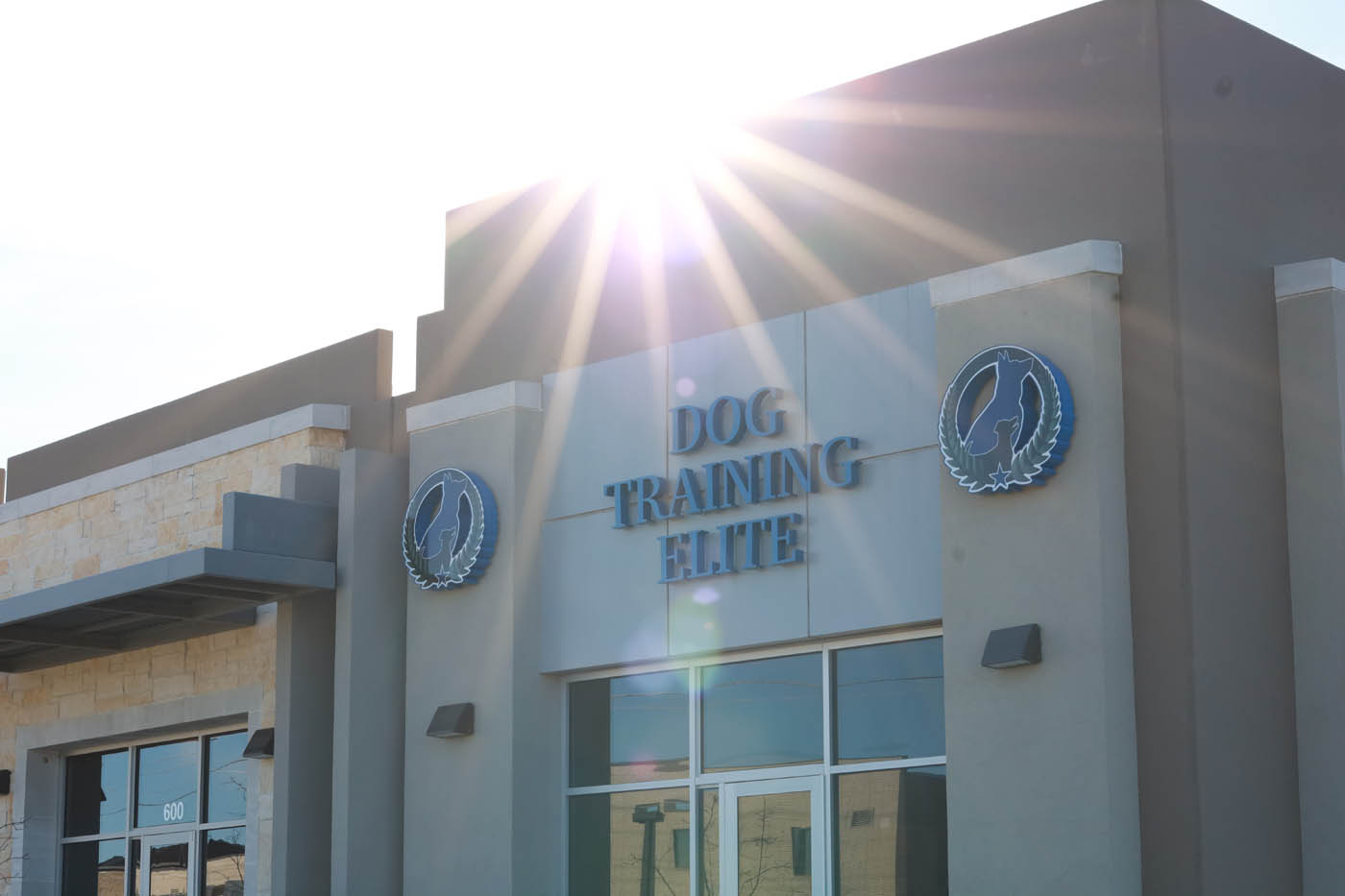
Dog Training Elite St. Petersburg
Saturday: 9:00am-1:00pm
Get Your Free Assessment
You and your canine companion really can have it all. See how easy it can be to become a member of the elite pup society by requesting a free consultation today!
